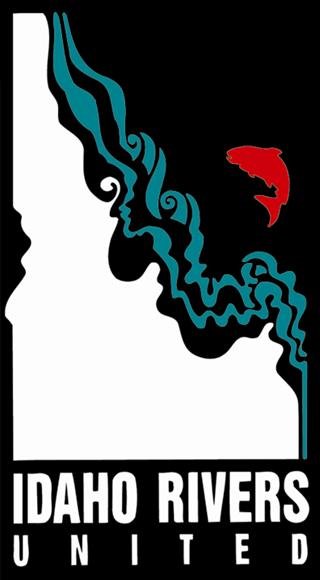Conservation groups go to court to protect Montana and Idaho waters from Canadian coal mine pollution
Fishing on the Kootenai River is impacted from the toxic mine chemicals that run into the river. Photo credit: IRU staff
EarthJustice attorneys filed suit on May 18th, 2023 in Montana District Court on behalf of Idaho Rivers United, Montana Environmental Information Center, Idaho Conservation League, and the Clark Fork Coalition, against the state of Montana’s Board of Environmental Review (BER) over its attempt to invalidate a selenium water quality standard in Lake Koocanusa.
The lawsuit by IRU and fellow conservation groups challenges BER’s reasoning behind attempting to invalidate the selenium standard and alleges that BER exceeded its statutory authority in doing so. Montana Department of Environmental Quality (DEQ) has also challenged BER’s authority on the selenium standard reversal in a lawsuit.
The standard is designed to protect the reservoir and the downstream Kootenai River from harmful pollution stemming from Teck Coal’s Canadian coal mines. It was adopted after years of work between stakeholders on both sides of the border, including the Ktunaxa Nation and top selenium experts, after it became clear that the general EPA selenium criteria would not be protective of the aquatic life in Lake Koocanusa. The new site-specific standard was approved by the EPA and was adopted by BER itself several years ago.
The Kootenai River has for decades faced mounting levels of selenium pollution stemming from Teck’s mountaintop removal coal mining in the Elk Valley of British Columbia. The toxic runoff flowing from waste rock at the mines impacts fish populations and downstream communities in Montana and Idaho that rely on a healthy river system.
Westslope cutthroat trout, endangered Kootenai River white sturgeon, and burbot are a few of the native fish species in the river that are impacted by high levels of selenium, which hampers reproduction and causes deformities in fish. Increasing levels of the pollutant have been sampled in fish downstream in Idaho, where the state has listed the Kootenai as “impaired for selenium” under the Clean Water Act.
Pressure from the Canadian mining company has been felt on both sides of the border. BER reversed course on the established selenium standard during a rule review process that was started by a petition from Teck Coal and the Lincoln County Commissioners. In British Columbia, mining industry influence has prevented the province from establishing its own more protective selenium standards.
The transnational Ktunaxa Nation, whose aboriginal territory encompasses the Kootenai watershed, has led the push for a reference from the Canadian government to the International Joint Commission – a body established under the 1909 Boundary Waters Treaty meant to resolve disputes between waters shared by the U.S. and Canada.
An IJC reference would establish a watershed board for the Kootenai, allowing stakeholders, governments, and Tribal Nations to address selenium pollution head on in a transparent, scientifically valid, and equitable way. The reference request is already officially supported by the U.S. Department of State and all of the sitting commissioners on the IJC itself, yet the Canadian government continues to refuse to act.
Read the full press release here.


